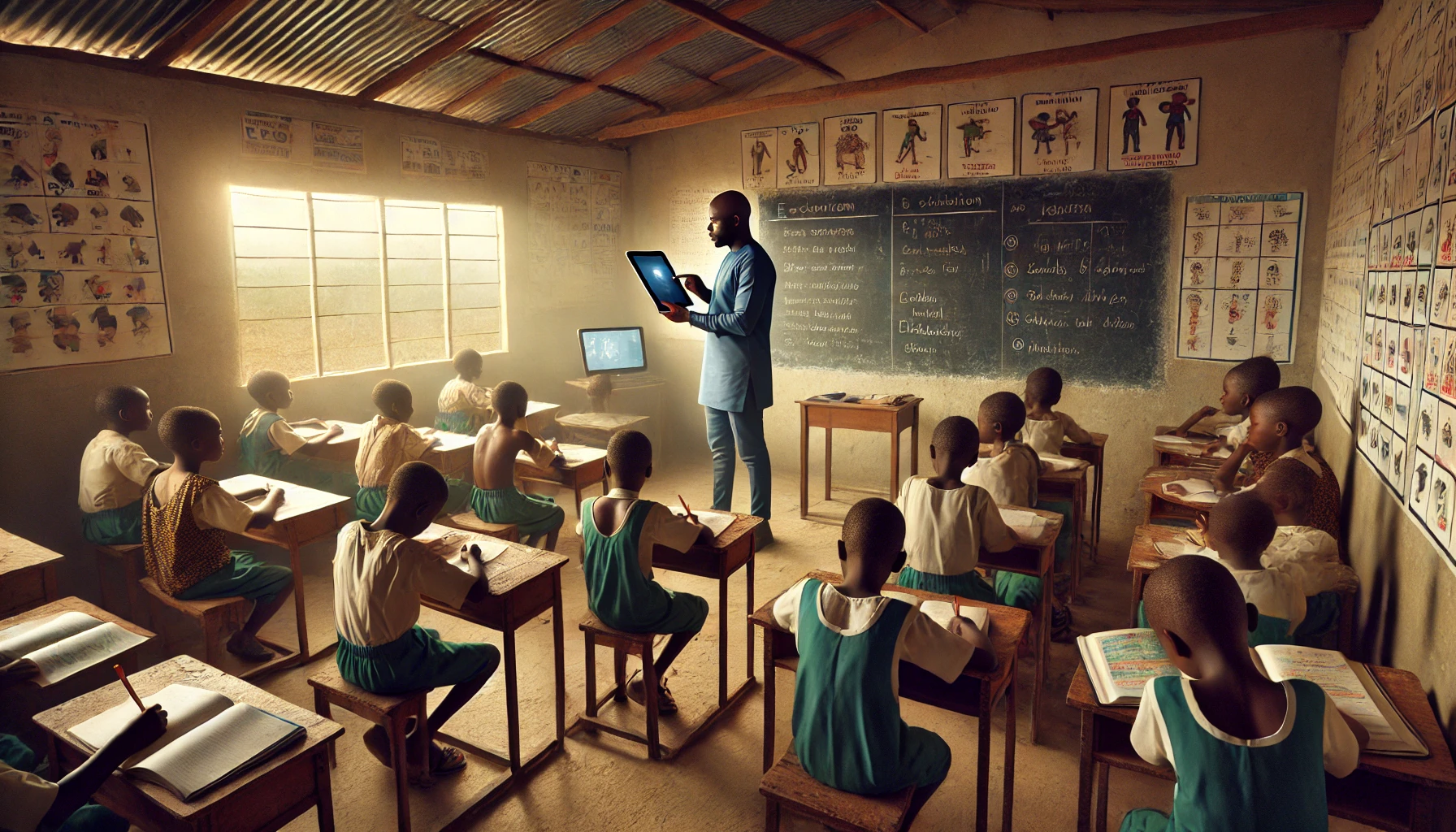UN Report: Nigeria Failed Women and Girls Amid Mass Abductions, Says CEDAW
On 14 April 2014, armed Boko Haram fighters stormed the Government Secondary School in Chibok, Borno State, kidnapping 276 schoolgirls.

Nigeria is responsible for grave and systematic violations of women’s and girls’ rights linked to mass abductions across its northern regions, according to a damning report released by the UN Committee on the Elimination of Discrimination against Women (CEDAW). The inquiry highlights a decade of kidnappings, including the notorious 2014 abduction of Chibok schoolgirls, and accuses the Nigerian state of failing to protect, rescue, and rehabilitate victims.
A Decade After Chibok: Girls Still Missing
On 14 April 2014, armed Boko Haram fighters stormed the Government Secondary School in Chibok, Borno State, kidnapping 276 schoolgirls. The incident sparked global outrage, giving rise to the #BringBackOurGirls campaign that drew attention from world leaders, celebrities, and human rights groups.
Despite the international spotlight, ten years on, at least 91 of the girls remain unaccounted for. Some are still believed to be in captivity, while others’ fate is unknown. The CEDAW Committee reported that although 82 girls managed to escape on their own, and 103 were freed between 2016 and 2017 through prisoner exchanges, the Nigerian government has since abandoned negotiations for the release of the remaining captives.
Broader Pattern of Mass Abductions
The inquiry, conducted during a two-week mission in December 2023 across Abuja, Adamawa, Borno, Enugu, and Kaduna States, revealed that Chibok was not an isolated tragedy. Since 2014, more than 1,400 students have been abducted in northern Nigeria by Boko Haram and other armed groups, often for ransom, forced marriages, trafficking, or political leverage.
The CEDAW delegation visited schools, government offices, military representatives, and internally displaced persons (IDP) camps, where they interviewed survivors. Victims recounted harrowing experiences: beatings for disobedience, starvation, forced religious conversions, sexual slavery, and children born in captivity. Survivors of ransom abductions also described repeated rape and violence by multiple perpetrators.
Survivors Abandoned After Release
The report details the double victimization suffered by abducted girls. Survivors often faced stigma, rejection, and abandonment after their release, particularly those associated with Boko Haram captors. Many could not return to their communities due to social ostracization.
While the 103 girls released through negotiations received psychosocial care and scholarships, those who escaped on their own have been left without support, schooling, or rehabilitation. Women languishing in IDP camps spoke of inadequate aid, lack of counselling, and economic hardship. Families who paid ransoms to secure their children’s release were often left destitute.
“The girls were failed twice—first when they were abducted, and again when abandoned by the state,” said Nahla Haidar, Chair of CEDAW.
Failures of Protection and Law Enforcement
The CEDAW Committee concluded that Nigeria has systematically failed to:
-
Prevent targeted attacks on schools and communities.
-
Ensure the right to education by safeguarding schools from armed groups.
-
Destigmatize survivors of abduction and sexual violence.
-
Provide sustained rehabilitation and reintegration programs.
-
Criminalize abduction and marital rape across all 36 states.
Despite its obligations under international law, Nigeria has not adequately resourced or reformed its security forces to protect vulnerable populations. Police and military units remain underfunded and ill-equipped to respond effectively to large-scale kidnappings.
Recommendations and Next Steps
CEDAW urged Nigeria to:
-
Proactively intensify rescue operations to free the remaining Chibok girls and all other abducted women and girls.
-
Adequately fund the Nigerian Police Force to prevent and respond to mass kidnappings.
-
Criminalize abduction and marital rape at the federal and state levels.
-
Implement long-term rehabilitation, education, and economic support for survivors.
-
Launch destigmatization campaigns to reintegrate abducted girls and their children into communities.
Global Responsibility and Nigeria’s Commitments
The report underscores that while Boko Haram and other armed groups are the direct perpetrators, the Nigerian state carries responsibility for failing to uphold international human rights obligations.
A decade after Chibok, the plight of the abducted girls remains a haunting symbol of unfulfilled promises. Survivors who once carried the world’s attention now face lives scarred by trauma, poverty, and neglect. Without urgent action, CEDAW warns, the cycle of abduction, abuse, and impunity will continue.
The full inquiry report, with findings and recommendations, has been made available online, urging both Nigerian authorities and the international community to act decisively.










